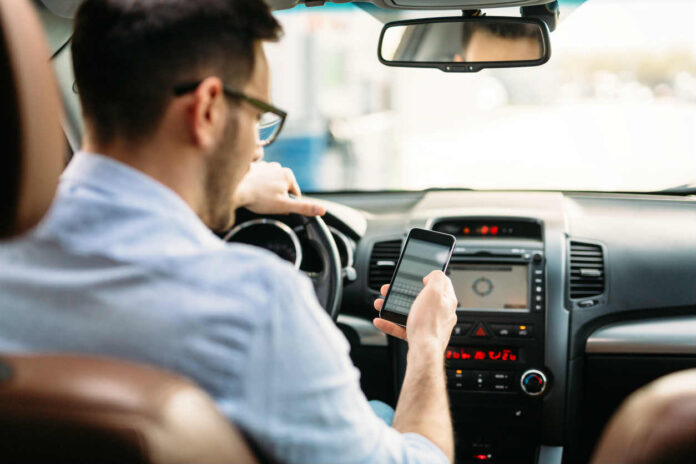
When you’re driving down the road, it can be tempting to just look at a text for a moment or to read an urgent email. With phone notifications coming through constantly, it’s easy to feel like everything is an emergency, but looking at your phone while driving could lead to an actual emergency.
You might be thinking that the issues with texting and driving are overblown. Is it really that dangerous?
If you drive a vehicle of any kind, you likely have seen many signs and public initiatives saying to stay off your phone. Most people know that texting or looking at their phone at all while driving is dangerous, but you might wonder just how hazardous it actually is.
This guide will look at vital statistics related to the risks of phone use while behind the wheel and why it’s crucial to keep your eyes on the road and not be negligent.
Table of Contents
What Is Distracted Driving?
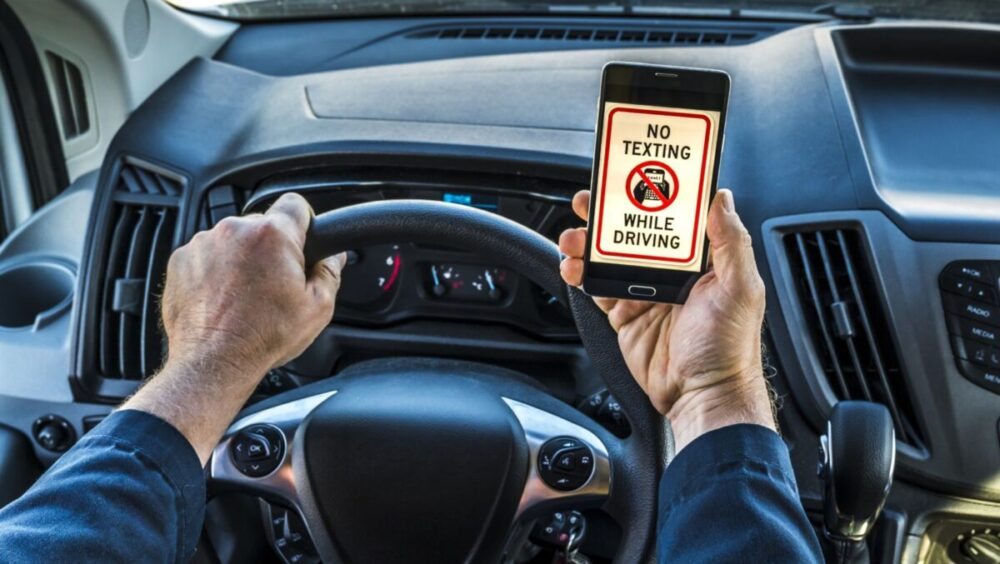
Looking at your phone or even talking on the phone are both examples of distracted driving behavior. But, there are other ways to be a distracted driver. Basically, anything that keeps your full attention away from the road is a kind of distraction, so the category is rather broad and includes other behaviors such as eating or doing makeup in the mirror.
According to the CDC, there are three overall kinds of distractions. These are:
- Visual distractions when you take your eyes away from where you’re driving.
- Manual distractions that cause you to move your hands away from the wheel.
- Cognitive distractions where you’re not actually focused on driving, even if your hands are on the wheel and your eyes are on the road.
The above examples illustrate that even being lost in thought is a type of distracted driving, so it’s not enough to just go through the motions. You have to be actively engaged in what you’re doing.
Why Phones Are Of Particular Concern
While there are many other ways to be distracted while driving, cell phones are a particular problem. Most people have their phones near them when they’re driving, and even hands-free devices aren’t a perfect solution.
It’s easy to get caught up in the moment when someone sends you a message, and many people are used to spending a significant amount of time looking at their phone screen. It is difficult for a lot of individuals to rip their eyes away, especially during long road trips.
Distracted Driving Statistics
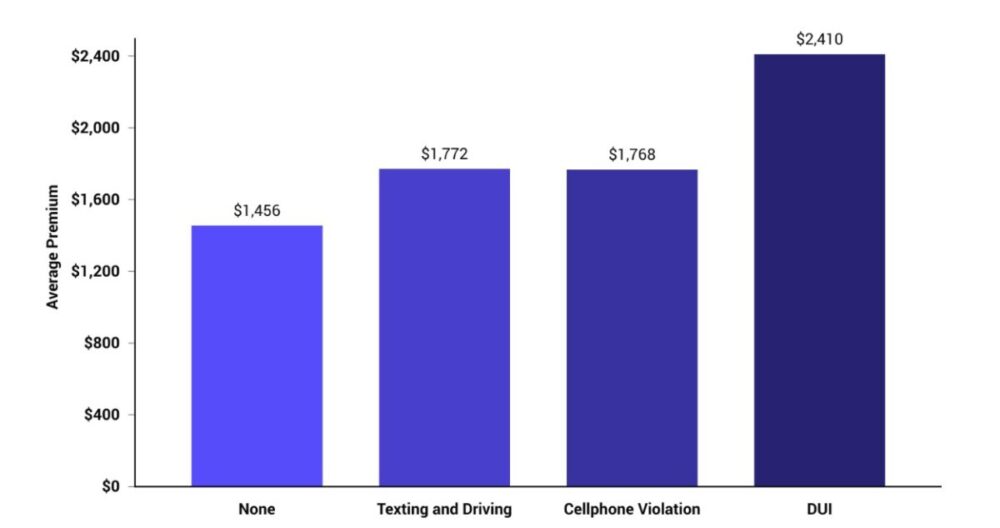
Data shows that nine people in the United States are killed every day because of accidents caused by distracted driving, and around 1,000 people are injured daily due to these accidents.
This means that over 3,100 people died in the year 2020 alone from distracted driving incidents. While these numbers count all the various kinds of distracted driving, cell phone use was a significant factor, especially among young adults.
Because these accidents are so common and often deadly, it’s vital to do what you can to keep yourself and others safe. Unfortunately, you can’t always control what others do when they’re driving, so if you’re in an accident with a negligent driver, you may need to reach out to a car accident attorney like RosenthalLevy.com for help.
How To Be A Safer, Less Distracted Driver
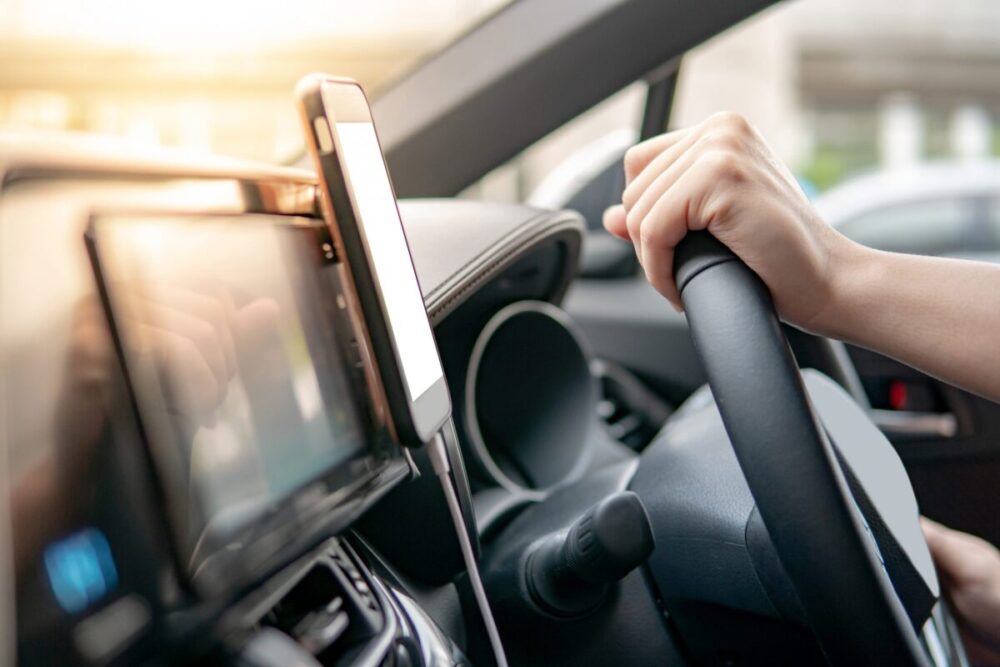
While you might not be able to ensure everyone else around you is driving attentively and safely, you can do your part to make your community safe for everyone on and near roadways.
Generally, it’s essential to pay attention to the road, but there are specific steps you can follow to encourage yourself and others around you to not use cell phones while driving. Try these ideas:
- Be clear about the dangers: Remind yourself and tell others about the risks of distracted driving and why it’s not safe to use a cell phone while you’re driving.
- Set some ground rules: When you do get behind the wheel, have a plan in place for yourself so that you don’t look at your phone. Maybe you need to turn your phone off while driving or put it in the jockey box.
- Talk to others in your family: If there are other drivers in your family, it’s wise to discuss being attentive drivers. If there are teenagers in your family who are new to driving, be extra sure to set up rules and express to them the risks of being on their phones.
- Remember the laws: While different states have different laws and regulations about cell phone use, most places in the country have banned texting and driving. Other states and cities have rules against any hand-held phone use. So, be sure to check the statues in your area, or you could get a ticket.
The above tips will help you and your loved ones remember the importance of being a good driver. It’s always necessary to follow all the rules of the road and to share the road with others, too. Be extra careful to watch out for pedestrians and cyclists, as they are even more at risk.
Driving And Phones Just Don’t Mix
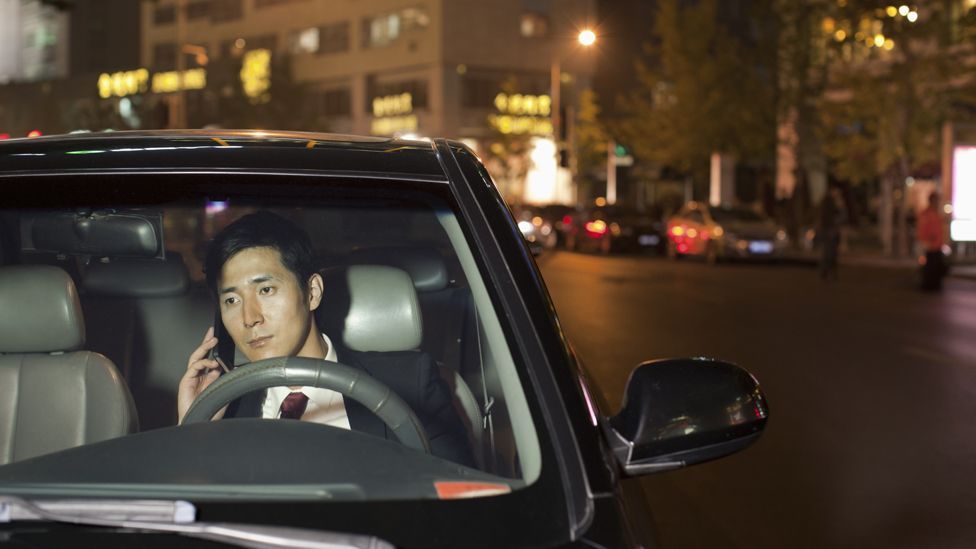
Cell phones may be excellent for many things, as they help us connect with others, learn facts from around the world, and even do our jobs. But, while it might seem urgent to check your phone constantly, the truth is that it can wait. If there is a more serious need to call someone or check in on your phone, you can pull over somewhere as long as it is safe to do so.
While it’s easy to think that you’re the exception to the rule and that you can multitask, it’s just not possible to be completely focused on the road while looking at your phone. Instead, wait until you pull over and have put the car in park to look at the screen. It’s not worth the risk of hurting yourself or others.







